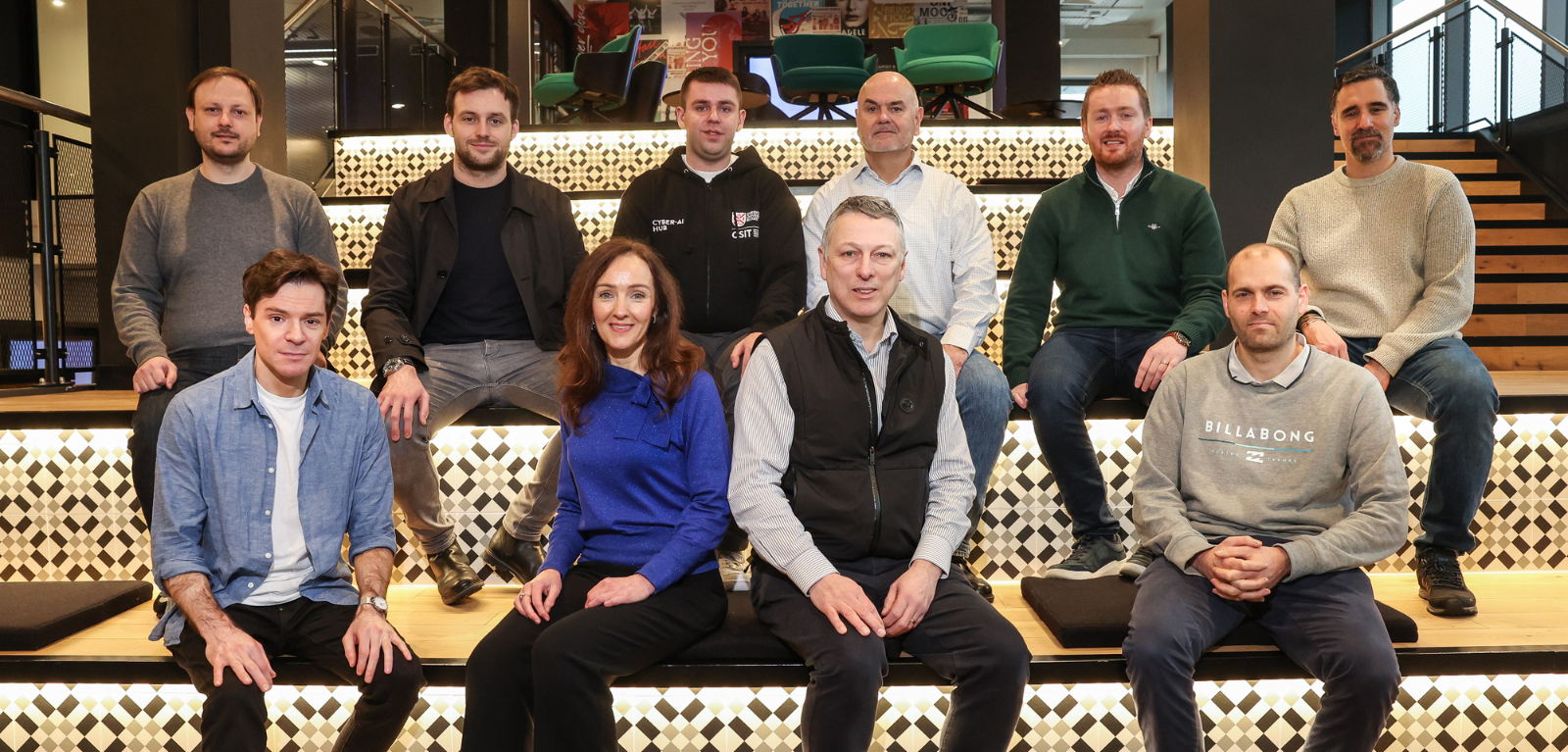CSIT and Rapid7 Launch AI Security Research Partnership
The Centre for Secure Information Technology (CSIT) based at Queen’s University Belfast has launched an AI Security Research Partnership with Rapid7.

CSIT, the UK’s Innovation and Knowledge Centre for cyber security, and Rapid7, a leader in extended risk and threat detection, announced today that it has launched a new security research partnership to drive innovation in cloud security.
This new partnership within CSIT’s Cyber-AI Hub will utilise artificial intelligence (AI) and advanced machine learning (ML) techniques to detect risks and active threats within cloud environments, with an initial research area being the identification of the potential exposure of sensitive information. According to a recent report by the National Cyber Security Centre (NCSC), cybercriminals possessing any level of sophistication will soon be able to leverage AI to significantly enhance their initial access capabilities. This includes access to cloud services, which are notoriously complex and therefore difficult to secure — leaving many organisations vulnerable to a potential data breach.
As part of this research partnership, Rapid7 will be supporting CSIT in understanding the data available in cloud environments. The partnership combines the vast industry expertise of Rapid7’s data scientists and threat researchers with leading AI research approaches from CSIT. At no point will customer data be shared or used for this partnership.
CSIT and Rapid7 have a longstanding project-based relationship; in 2022, CSIT and Rapid7 were jointly recognised with multiple awards for their ground-breaking AI research in application security.
“CSIT is excited to build on its existing partnership with Rapid7, and I’ve been personally delighted to see the ease with which our teams collaborate”, said Dr. Paul Miller, Cyber-AI Hub Director, CSIT. “The Cyber-AI Hub brings CSIT’s academic and engineering expertise to industry-defined challenges to collaboratively advance research and discovery for improved cyber security outcomes. This initiative stems from a shared vision to maintain Northern Ireland’s leadership in cyber security technology globally.”
“This security research partnership comes at a time when there is still a defender advantage surrounding AI,” said Raj Samani, senior vice president and chief scientist, Rapid7. “That window will close, however, so an industry-academia partnership like Rapid7 and CSIT have is critical for expediting the discovery and delivery of security advancements to businesses and society at large.”
The Rapid7 platform currently applies AI-driven anomalous activity detection across multi-cloud and hybrid environments to more rapidly and accurately classify and prioritise threats, thereby enhancing security teams’ visibility and response times. Continuing AI research into cloud-based detections reinforces the company’s commitment to giving organisations command of their attack surface.
Media
Contact Helen Lappin (H.Lappin@qub.ac.uk) for further information.